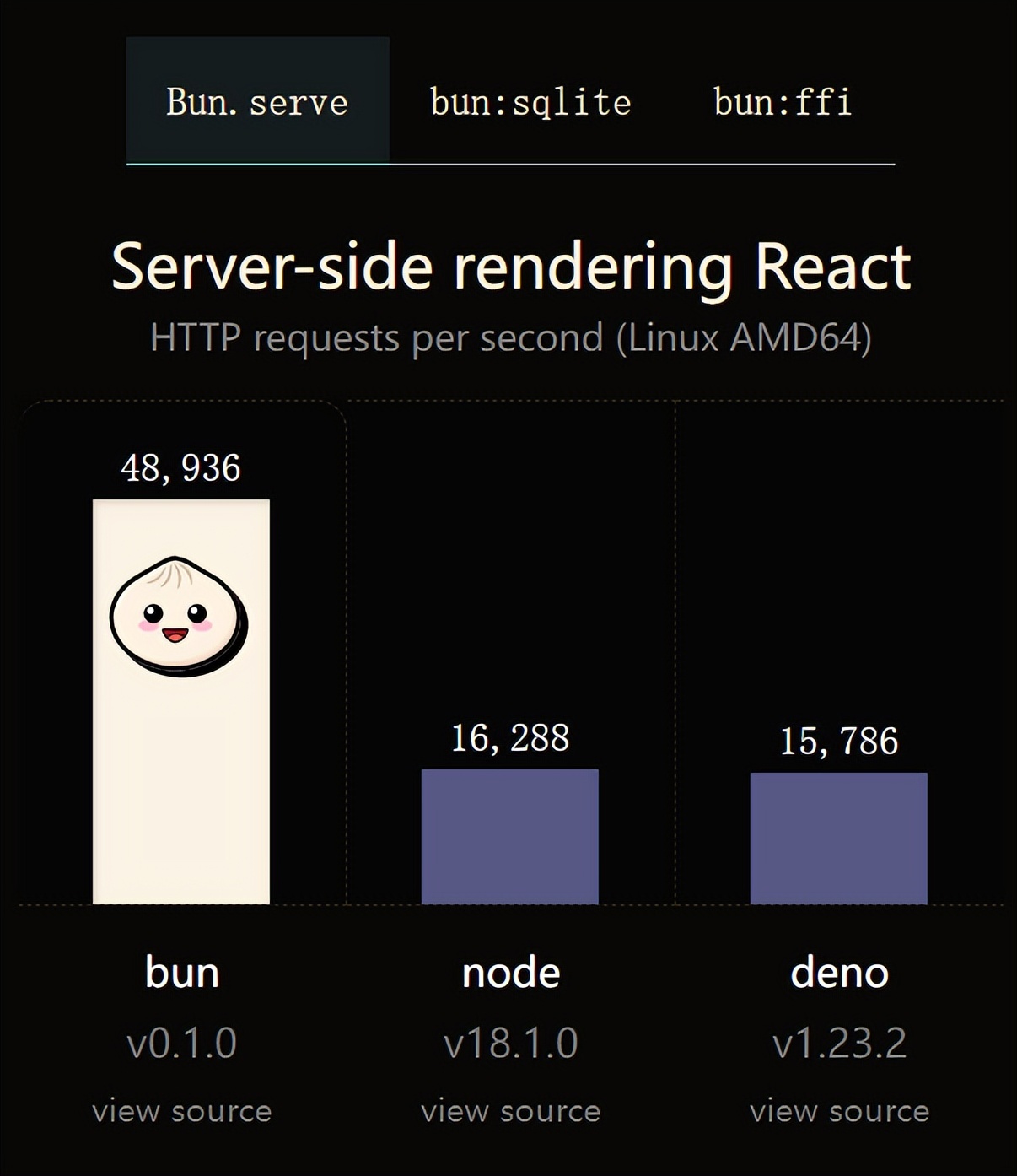In nodejs, the eval() method is used to calculate a string and execute it as script code. The syntax is "eval(string)"; if the parameter is not a string, but an integer or Function type, the integer or Function is returned directly.

The operating environment of this tutorial: windows10 system, nodejs version 12.19.0, DELL G3 computer.
How to use the eval method in nodejs
The eval() function calculates a JavaScript string and executes it as script code.
If the parameter is an expression, the eval() function will execute the expression. If the argument is a Javascript statement, eval() will execute the Javascript statement.
Syntax
eval(string)
Parameter Description
string Required. A string to evaluate that contains a JavaScript expression to evaluate or a statement to execute.
Parameter form of eval() method
If parameter s is not a string, but an integer or Function type, the integer or Function will be returned directly
For example
Example 1:
var x = 1; var y = eval(x);//eval()方法返回1 var z = eval(1)//eval()方法返回1
Example 2:
var f = eval(
function(){
console.log("1111");
return 1
}
);
/*
eval()方法返回:
function(){console.log("1111");return 1;}方法
*/
var s = f();//执行方法 s=1,打印日志"1111"
/**>>>>>>>>>>>>>>>**/
var ff = function(){
console.log("1111");
return 1;
};
var f = eval(ff);//eval()方法返回ff方法
var s = ff();//执行ff方法 s=1,打印日志"1111"
/**>>>>>>>>>>>>>>>**/
function ff(){
console.log("1111");
return 1;
};
var f = eval(ff);//eval()方法返回ff方法
var s = ff();//执行ff方法 s=1,打印日志"1111"If the parameter s is a string and the string is an expression, the eval() method will calculate the string An expression in returns the result of the expression's evaluation.
For example
eval("'true'");//返回字符串"true"
eval("ture");//返回Boolean类型的true
eval("1");//返回整数1
eval("[0,1,2]");//返回数组[0,1,2]
eval("2+2");//返回整数4
eval("2+'2'");//返回字符串"22"If parameter s is a string, and the expression in the string is in JSON format (at this time, a pair of parentheses must be added outside the JSON format to surround the JSON up), the eval() method returns the JSON.
For example
var j = "{'aa':11,'bb':22}";
eval("("+j+")");
//返回{"aa":11,"bb":22}
eval("({'aa':11,'bb':22})");
//返回{"aa":11,"bb":22}
eval("({aa:11,bb:22})");
//js中{aa:11,bb:22}这种格式在解析时会转换成{'aa':11,'bb':22}这种格式
eval("{'aa':11,'bb':22}");
//抛出异常Note
For the eval() method, the JSON format mentioned above is also a type of expression. But if there are no parentheses in the JSON format, the eval() method will not return the object.
For example: eval(“{‘aa’:11,’bb’:22}”) will not return {‘aa’:11,’bb’:22}.
Because the eval() method treats the square brackets "{}" as a statement block. Then the eval() method will only execute the statement and will not return the value (the result is an exception).
The correct way to write it is: add parentheses "()" outside the JSON format to force type conversion into JSON format (expression) and return the JSON value. This is the same as the immediate function (function(){})(). The function of () is to force the function into an expression and return it.
If the parameter s is a string, and the string is a statement or statement block, the eval() method will execute the statement or statement block and return undefined
For example
eval("var x='1';");
//返回undefined
console.log(x);
//打印字符串1
/**>>>>>>>>>>>>>>>**/
eval("var x=1;var y=2;var z=x+y;");
//返回undefined
console.log(z+"");
//打印字符串3
/**>>>>>>>>>>>>>>>**/
s = eval("function t(){alert(3)};t();");
//执行定义并调用t的方法:弹出3.并且返回undefined
console.log(s);
//打印undefined
/**>>>>>>>>>>>>>>>**/
eval("var j={sex:'男',age:27};alert(j.age);");
/*
此处的json对象不用小括号"()"括起来。因为该处是执行语句,而非计算表达式
*/Note
In the eval() method, if the json format exists in the statement, then the json format does not need to be enclosed in parentheses "()". The reason why the json in the expression is enclosed is because eval() evaluates the expression and returns the result. And eval() only executes the statement and does not calculate the return value (because all returned are (undefined))
For more node-related knowledge, please visit: nodejs tutorial!!
The above is the detailed content of How to use the eval method in nodejs. For more information, please follow other related articles on the PHP Chinese website!
 Vercel是什么?怎么部署Node服务?May 07, 2022 pm 09:34 PM
Vercel是什么?怎么部署Node服务?May 07, 2022 pm 09:34 PMVercel是什么?本篇文章带大家了解一下Vercel,并介绍一下在Vercel中部署 Node 服务的方法,希望对大家有所帮助!
 node.js gm是什么Jul 12, 2022 pm 06:28 PM
node.js gm是什么Jul 12, 2022 pm 06:28 PMgm是基于node.js的图片处理插件,它封装了图片处理工具GraphicsMagick(GM)和ImageMagick(IM),可使用spawn的方式调用。gm插件不是node默认安装的,需执行“npm install gm -S”进行安装才可使用。
 火了!新的JavaScript运行时:Bun,性能完爆NodeJul 15, 2022 pm 02:03 PM
火了!新的JavaScript运行时:Bun,性能完爆NodeJul 15, 2022 pm 02:03 PM今天跟大家介绍一个最新开源的 javaScript 运行时:Bun.js。比 Node.js 快三倍,新 JavaScript 运行时 Bun 火了!
 聊聊Node.js中的多进程和多线程Jul 25, 2022 pm 07:45 PM
聊聊Node.js中的多进程和多线程Jul 25, 2022 pm 07:45 PM大家都知道 Node.js 是单线程的,却不知它也提供了多进(线)程模块来加速处理一些特殊任务,本文便带领大家了解下 Node.js 的多进(线)程,希望对大家有所帮助!
 nodejs中lts是什么意思Jun 29, 2022 pm 03:30 PM
nodejs中lts是什么意思Jun 29, 2022 pm 03:30 PM在nodejs中,lts是长期支持的意思,是“Long Time Support”的缩写;Node有奇数版本和偶数版本两条发布流程线,当一个奇数版本发布后,最近的一个偶数版本会立即进入LTS维护计划,一直持续18个月,在之后会有12个月的延长维护期,lts期间可以支持“bug fix”变更。
 node爬取数据实例:聊聊怎么抓取小说章节May 02, 2022 am 10:00 AM
node爬取数据实例:聊聊怎么抓取小说章节May 02, 2022 am 10:00 AMnode怎么爬取数据?下面本篇文章给大家分享一个node爬虫实例,聊聊利用node抓取小说章节的方法,希望对大家有所帮助!


Hot AI Tools

Undresser.AI Undress
AI-powered app for creating realistic nude photos

AI Clothes Remover
Online AI tool for removing clothes from photos.

Undress AI Tool
Undress images for free

Clothoff.io
AI clothes remover

AI Hentai Generator
Generate AI Hentai for free.

Hot Article

Hot Tools

Dreamweaver Mac version
Visual web development tools

MinGW - Minimalist GNU for Windows
This project is in the process of being migrated to osdn.net/projects/mingw, you can continue to follow us there. MinGW: A native Windows port of the GNU Compiler Collection (GCC), freely distributable import libraries and header files for building native Windows applications; includes extensions to the MSVC runtime to support C99 functionality. All MinGW software can run on 64-bit Windows platforms.

MantisBT
Mantis is an easy-to-deploy web-based defect tracking tool designed to aid in product defect tracking. It requires PHP, MySQL and a web server. Check out our demo and hosting services.

Atom editor mac version download
The most popular open source editor

Notepad++7.3.1
Easy-to-use and free code editor








